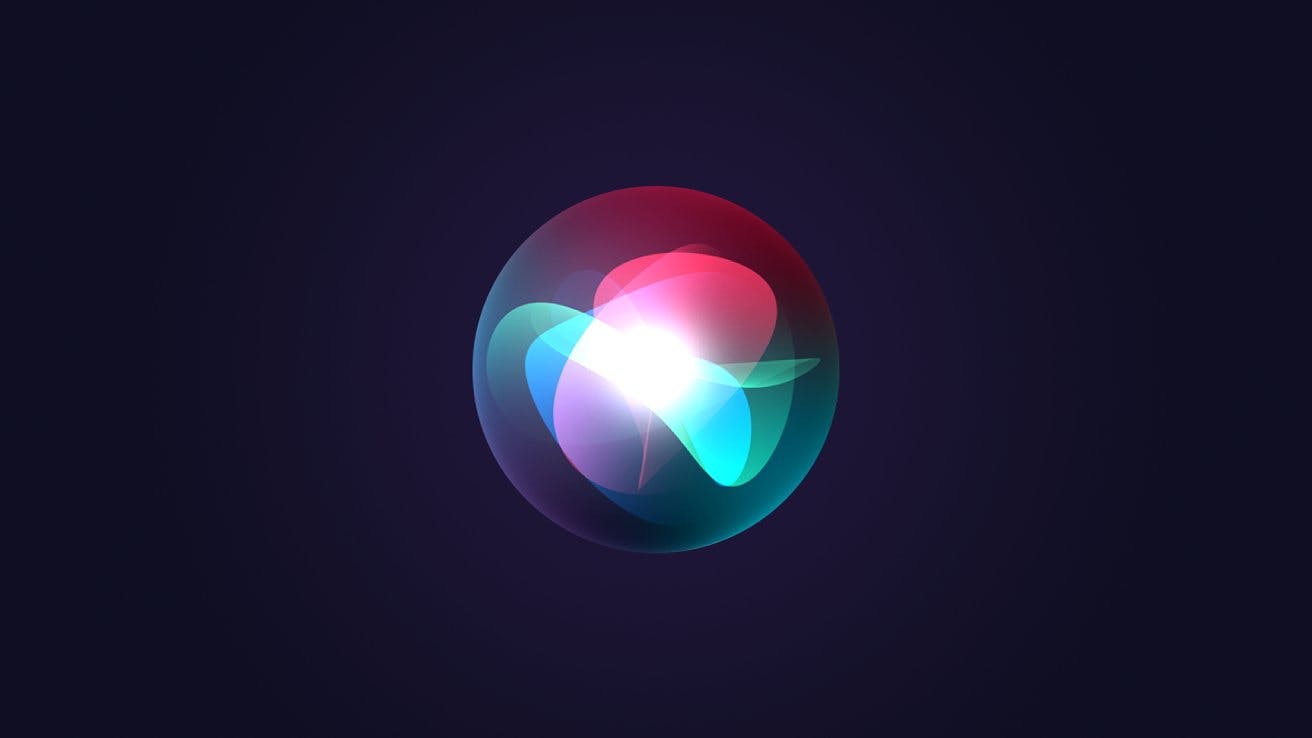547 reads
Apple’s LLM Siri: The Voice Assistant Gets Smarter, But Can It Rival ChatGPT and Gemini?
by
December 9th, 2024
Audio Presented by

Hi, I'm Giorgio Fazio, a creative director blending art and technology. Online since 1995.
About Author
Hi, I'm Giorgio Fazio, a creative director blending art and technology. Online since 1995.
